Keynote Speakers
Keynote Speakers
First Day: Tsunagu between Past, Present and Future
Speaker 1:
Catherine Lewis
Mills College
Speaker 2:
Stéphane Clivaz
Lausanne University of Teacher Education
Moderator:
Jongsung Kim
Hiroshima University
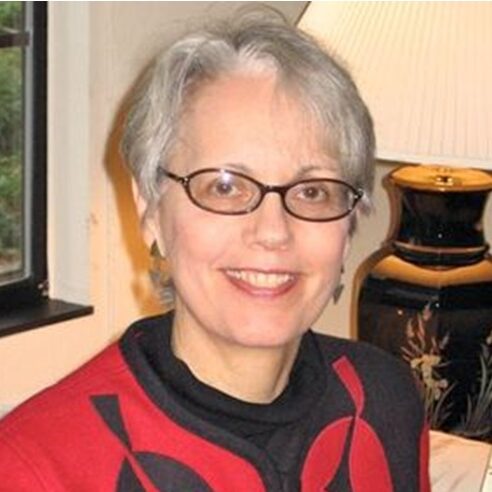
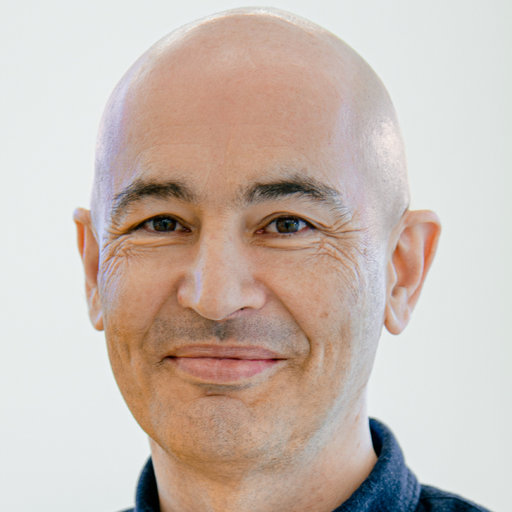
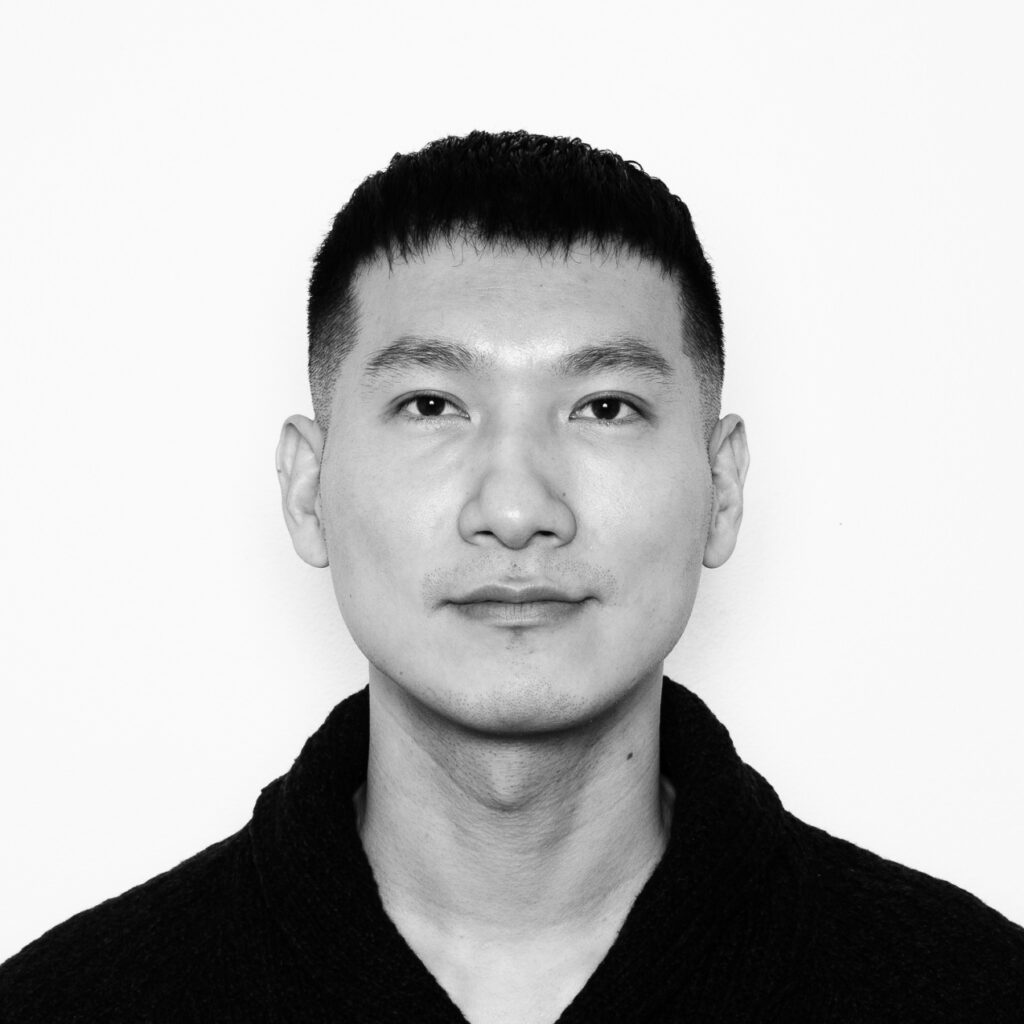
Tsunagu: Linking Lesson Study Past and Present to a Powerful Future
Click here to read the full abstract
In this interactive keynote, we will explore lesson study’s past, to understand how it helped educators navigate moments of enormous change, often brought about by international contact. We will consider recent promising developments in lesson study around the world and challenges lesson study faces. These developments and challenges set the stage to think together about the future of lesson study in a rapidly changing world. What can lesson study offer educators as technology changes and AI assumes new roles in education and beyond? How can WALS adapt to this changing environment and best serve its members in the future?
Second Day:
Tsunagu between
General Didactic and
Subject Didactic
Speaker:
Hiromi Kawaguchi, Hiroshima University
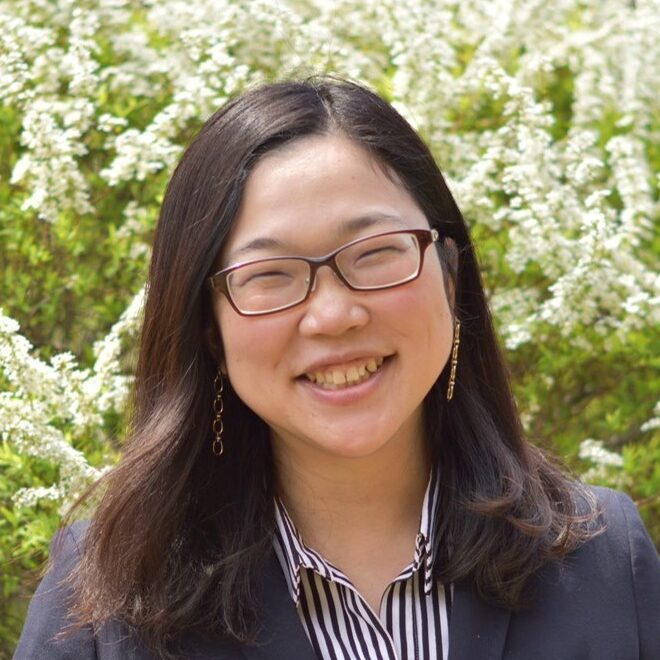
Revisiting Lesson Study Through the Lens of Subject-Specificity
Click here to read the full abstract
Lesson study has attracted international attention as a means of improving educational practices and enhancing teachers’ professional growth. Research in this area has expanded globally under the leadership of WALS. While the histories of general pedagogy and subject pedagogy are well established in Japan (Miyamoto et al., 2024), lesson study research has seldom foregrounded the perspective of “subject.” Moreover, lesson study is one form of Jugyou Kenkyuu in Japan (Kim, 2021); its image outside the country remains limited (Lewis, 2011). This keynote reconsiders lesson study through the lens of subject-specificity, asking what it means to view lesson study from the perspective of “subject.”
First, it examines the use of lesson study in teacher education, particularly in subject-specific method courses. Although it is often positioned as a process for collaboratively improving teaching, many teacher educators use lesson study to provoke fundamental questions about why and for whom a subject should be taught. For example, should history prioritise the critical interpretation of sources or the understanding of contemporary society? Should science be primarily framed as model-based reasoning? Such enquiries invite pre-service teachers to connect the epistemic and social meanings embedded in school subjects with curricular and instructional choices.
Second, it explores in-service professional development in Japanese schools, focusing on cases in which secondary teachers participate in both subject-based lesson study communities and whole-school lesson study organisations. Participation in subject-specific communities reveals that each subject, such as science and music, has distinct purposes, methods and values. For instance, science often emphasises enquiries into natural phenomena and model-based thinking, whereas music would focus on developing sensibility and cultural understanding through performance and appreciation. Recognising these differences fosters teachers’ subject-specific identities and professional cultures. Simultaneously, whole-school lesson study can reinforce the role of teachers as subject specialists, echoing Tanaka’s (1996) view that school subjects function as tools for structuring Japanese schooling.
This keynote positions lesson study not merely as a venue for collaborative teacher learning but as a space where the normative and epistemic dimensions of subject teaching are actively explored, and where subject teacher identities are shaped. Its significance lies in enabling teachers to continually reassess the intrinsic values and social roles of their subjects, making more deliberate and critical pedagogical decisions. This perspective also offers a basis for comparing lesson studies across cultural and institutional contexts, thereby deepening international dialogue on educational practices.
Third Day:
Tsunagu between Educational
Discipline (Lesson Study) and
Another Discipline
Speaker:
Takehiko Kariya, Sophia University
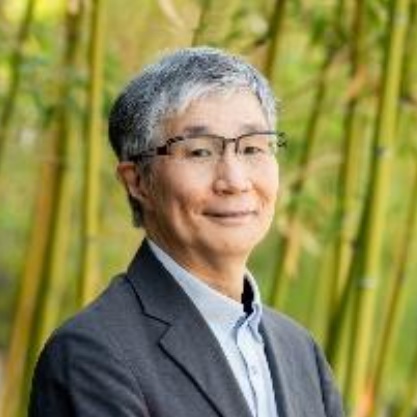
Why did Japanese lesson study gain global traction? The filtering process in translation of cultural scripts.
Click here to read the full abstract
This presentation aims to shed light on the issues inherent in Japanese educational practices by demystifying the ‘appeal’ of lesson study from a sociological perspective. The fact that lesson study, which originated in Japan, has attracted the attention of educators and educational researchers worldwide is evidenced by the establishment and development of this international academic society. However, the globalisation of Japan’s lesson study presents a sociological puzzle in itself for me — a sociologist who is neither a specialist in lesson study nor an expert in pedagogy or teacher research. This paper takes this puzzle as its starting point and approaches it from a sociology of knowledge perspective in order to explore why and how lesson study has become mythologised. Through analysing the demystification process, I intend to reveal the ambiguous and ambivalent characteristics that underpin Japanese education. I argue that these features have led to the filtering process of cultural scripts being overlooked in the global reception of lesson study. Consequently, I contend that the mystification of lesson study has been facilitated and reinforced on a global scale.
Let me offer one concrete example. According to the shared understanding among researchers of Japanese lesson study, Japan’s high performance in international academic assessments, along with video analyses of Japanese lesson study practices by American scholars such as James Stigler and James Hiebert, played a key role in popularising lesson study in the United States before it spread to other countries. However, there is no conclusive empirical evidence demonstrating a causal relationship between Japanese students’ high scores in international assessments and lesson study practices.
Despite the ambiguity surrounding this supposed causal chain, the association with Japan’s academic performance gave lesson study strong global traction among foreign researchers and educators. Nevertheless, Japanese secondary school students perform well in PISA, another major international assessment, despite limited participation in lesson study among their teachers in Japan, with current trends showing a decline in time allocated for professional development due to increased workloads. Even a simple comparison between the TIMSS and the PISA suggests that the relationship between lesson study and students’ academic achievement is far from straightforward.
Nevertheless, lesson study continues to appear attractive on the global stage as an ‘Edu-port’ from Japan. This paper argues that this appeal stems, in part, from the discursive ambiguity and ambivalence surrounding the portrayal of Japanese education, including lesson study, by Japanese stakeholders such as teachers, the Ministry of Education (MEXT) and education scholars.